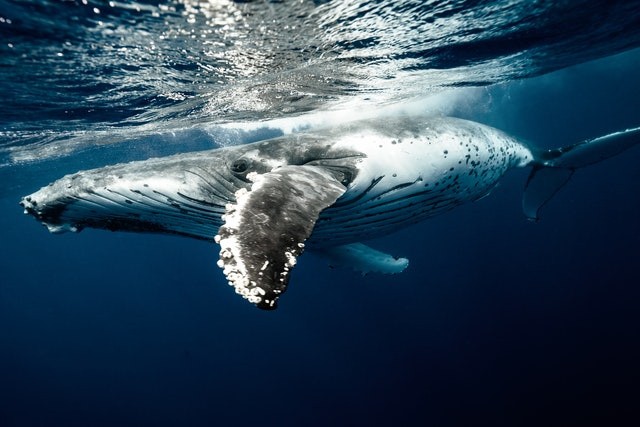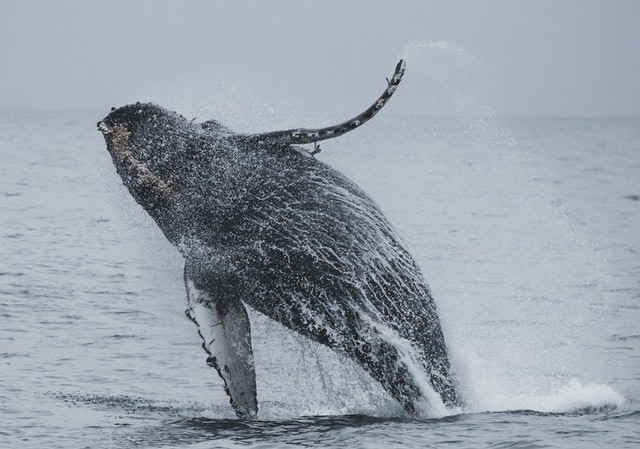Taking a look at a waxy lump of ambergris, you might not have the thoughts that such a beachcombing discovery will be very valuable, but, as a fishing crew in Yemen currently discovered, it's like floating gold.
They sighted a 280-pound (127-kilogram) mega-lump of the stuff floating in the ocean. After going back to the shore with their unusual catch, it was evaluated to be worth about $1.5 million - not so bad, for a bit of whale goo.

Ambergris
Ambergris is a product specific to sperm whales (Physeter macrocephalus) who enjoy feeding on squid. Much of the squid is soft and palatable but the hard beaks, which can not be digested, get vomited by the whale. At times, these strong parts can pile up in the bowel and it's thought that the ambergris formation protects the gut of the whale from injury. Where the ambergris goes next isn't totally certain.
Some think that the ambergris can find its way back up the digestive system of the whale and is discharged into the ocean like a big ball of whale sick. However, there's also a possibility that the (sometimes massive) lumps are released from the other end of the whale, like a big ball of waxy whale poop.
As if that idea isn't bad enough, it's also feasible that the ambergris lumps can turn into an obstruction in the bowel, getting trapped in the colon and finally bursting the poor poop chute of the whale. Owie. In the latter event, the buoyant blob of ambergris could be released after some time from the carcass of the whale as it decomposes. That being said, it's only reported to be discovered in below 5 percent of whale carcasses.
Also Read: Fisherman Finds the "World's Largest Blob of Whale Vomit"
What Makes Ambergris So Valuable?
So, three possible routes of passage for this guttural glob of gold, but what makes it so valuable? One of the simplest ways to select a blob of ambergris amongst other anonymous beach blobs that is less valuable is its smell. It starts out somewhat gross, smelling very much just like poop, but is said to later develop into a musky odor.
It might not seem great, but it's highly desired by fancy perfume companies who make use of the ambrein alcohol gotten from ambergris to sustain scent. Not all whale goo is created the same, however, with pure white assortments being the most precious in the perfume industry.

Places Ambergris Can be Found
Ambergris can also be brown, grey, black, with the latter being the less valuable as it comprises the least ambrein. Oxidation influences the quality, something that occurs when a big ole' blob of whale gut juice bobs about in the sea for far too long.If the grantee of a hefty payout has you yearning for an ambergris hunt, it's unfortunately not so easy.
Sperm whales are safeguarded and any kind of intrusion to access their cherished goo or spermaceti oil (once used in the fueling of lamps) is very much unlawful. The only hope is to be discovered on the beaches (or at sea), where - depending on how lucky you are, and available hours for beach patrol - you may come across a blob of precious ambergris one day. You could also try looking for a job, though.
Related Article: Ambergris: Thai Woman Finds Whale Vomit Worth £185,000 While Walking on the Beach
For more news, updates about ambergris and similar topics don't forget to follow Nature World News!
© 2026 NatureWorldNews.com All rights reserved. Do not reproduce without permission.





